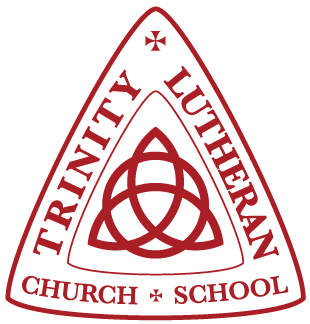“And the crowds that went before him and that followed him were shouting, ‘Hosanna to the Son of David! Blessed is he who comes in the name of the Lord! Hosanna in the highest!’ And when he entered Jerusalem, the whole city was stirred up, saying, ‘Who is this?’ And the crowds said, ‘This is the prophet Jesus, from Nazareth of Galilee.'” (Matthew 21:9-11)
Jesus’ entry into Jerusalem on a donkey’s colt amid the acclamations of many was an open declaration that He was the Messiah. According to the words of Zechariah 9:9-10, this is exactly how the Messiah would appear. Many among the Jews that day knew this prophecy and could see exactly what Jesus was saying. The King came lowly, riding on a donkey, a scene which to some of us may seem comical. Our culture would prefer a powerful man riding a white horse, a drawn sword in his upraised right arm at the head of an army. But to the Jews there was nothing comical about what Jesus did, because they were expecting the Messiah to come just in the way. Yet, just as our cultural norms would prefer, they expected the Messiah to be a man who would bring deliverance through military conquest as in the days of David, one who would throw off the yoke of oppression by slaughtering his enemies.
It’s no wonder the Jews were so intense in their celebration. The Messiah was openly revealing Himself! They were overcome with joy. They shouted out their Hosannas and their praise of the coming King and of the peace He brought. Their shout is reminiscent of what the angels proclaimed to the shepherds at Jesus birth, in Luke 2:13-14. But there angels praised God. Here it was men. The angels glorified the King who had come, and proclaimed peace on earth. This peace would come, not by military conquest, but by the humble death of the Messiah for the sins of man. And this humble death was presaged by a humble birth, in a lowly stable, within a lowly town on the fringes of the mighty Roman Empire. The world acclaims grandeur and praises greatness, but humility is the way of the Lord.
